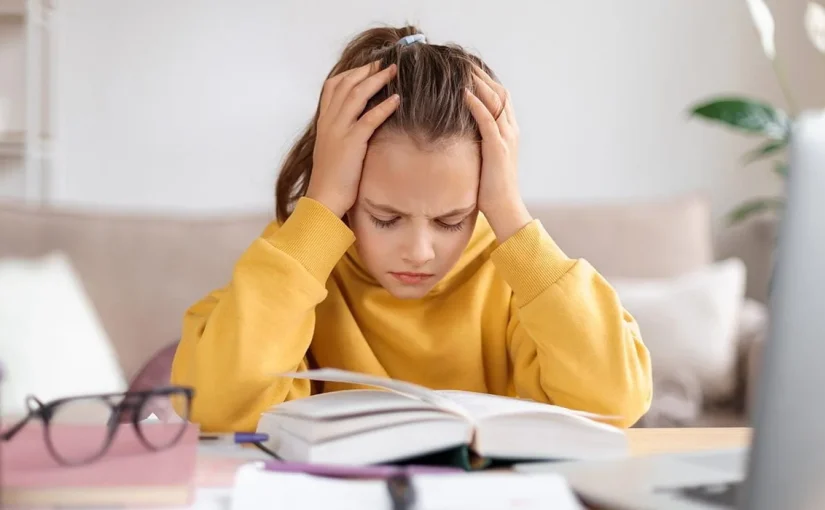Mothers with toddlers always can be heard saying “Pay attention.”. At this stage, their listening skills are developing. It is how they learn, by hearing and interpreting and retaining information. And then learn to respond. A child not attuned to listening might have difficulty comprehending. This could leave a huge impact on his learning. And being unable to catch up with other kids of the same age, this could leave a detrimental effect on his confidence. It is hard coping and living with Auditory Processing Disorder or APD.
Auditory Processing Disorder is slowly getting noticed and being given attention. But it is rare enough still that no definitive cure has been found for it. Still, it is a long way from observing inattentiveness of children to being diagnosed with Central Auditory Processing Disorder. It is highly likely some with APD, cases of low academic performance and others have been misdiagnosed as a similar but all too different learning disorder.
It is not loss or difficulty of hearing. It is difficulty in connecting, a lack of coordination of ears and brain. Absorbing information takes longer than usual and since children are not known for patience, expect outbursts and some show of frustration.
They are listening but process it differently. Imagine the world constantly with a whirring noise, spoken words are muffled and additional distracting sounds that you would need to rely on clues to determine what was said. Knock on wood can be processed as knocked on food as it is very hard to distinguish between words that sound alike. Jokes and metaphors,parties gatherings even listening to pop music because of the lyrics can be difficult for a person with APD.
Training, therapy and adequate listening and learning environment is a start. With how technology evolves, it may not be too long before an innovation is developed to improve ear and brain coordination of APD sufferers.
These individuals would often be introverts fearing they would be made fun of. Interactions and social situations are challenging in itself but with APD it can be doubly hard. Left undiagnosed it can make a child question his intelligence and refuse social activities.

